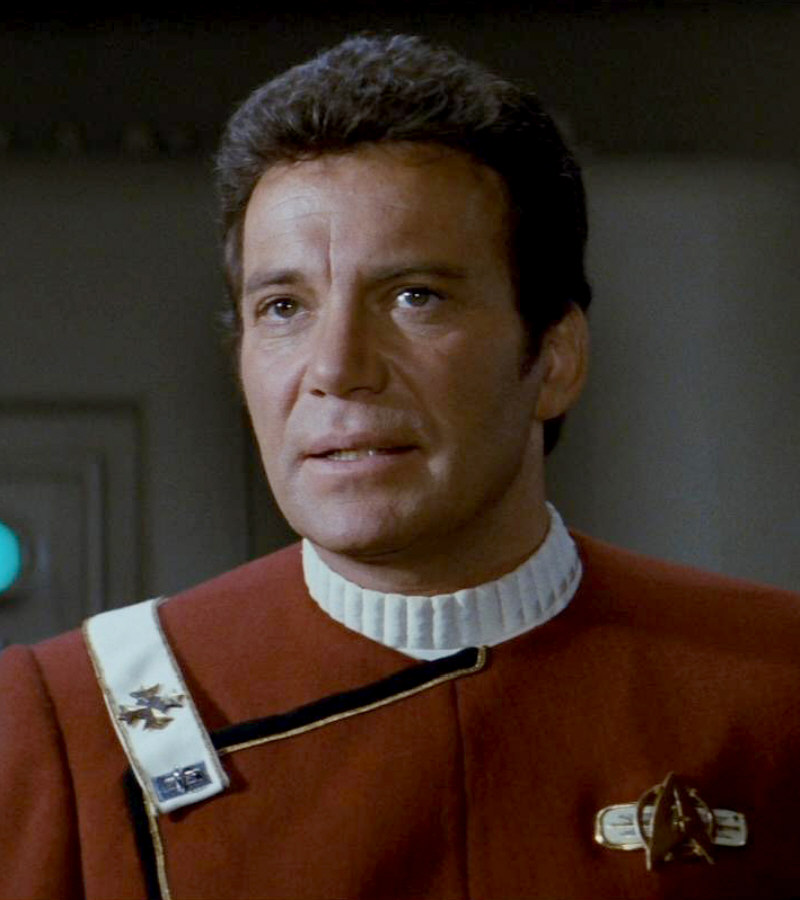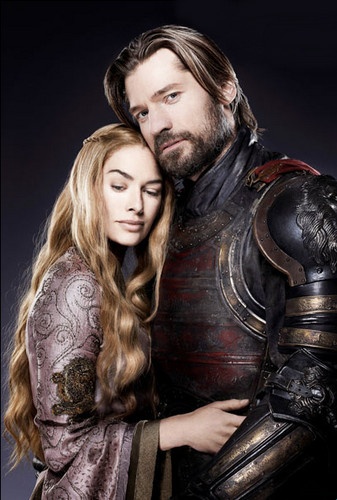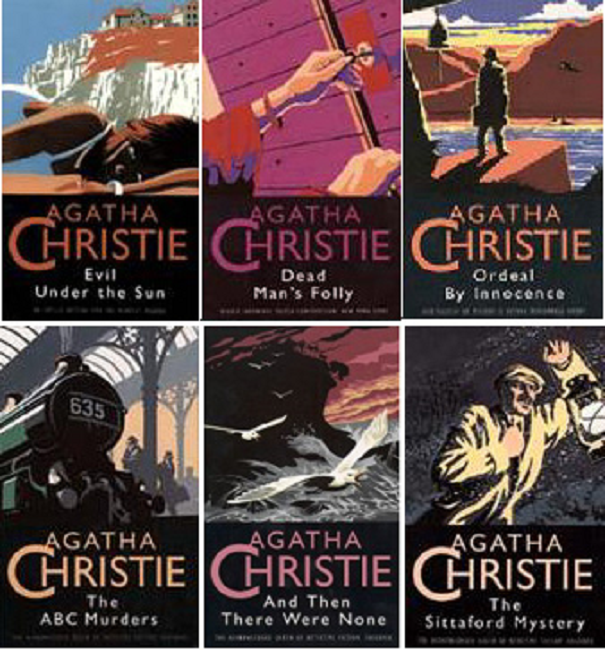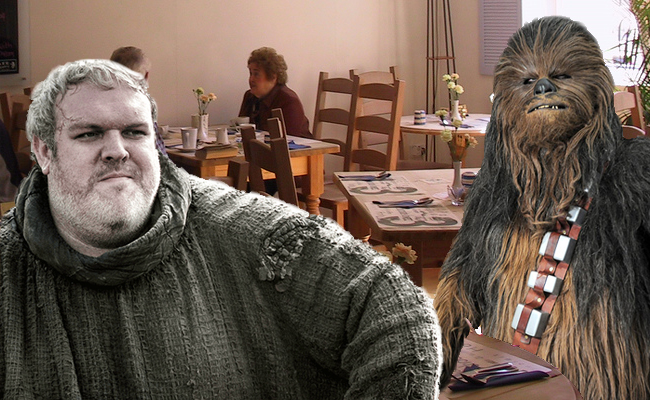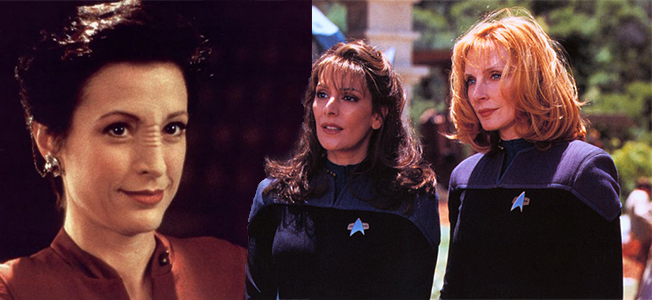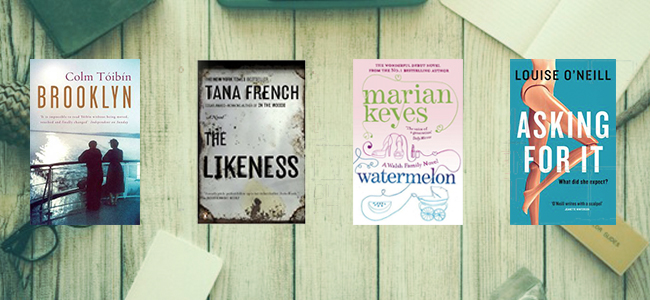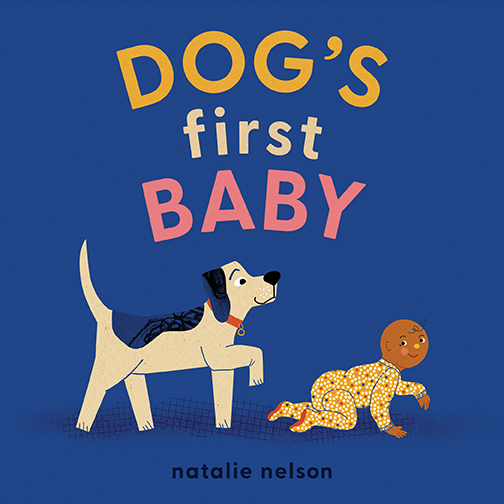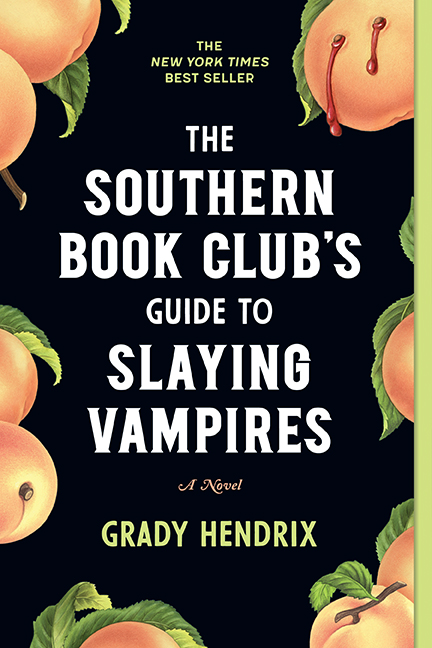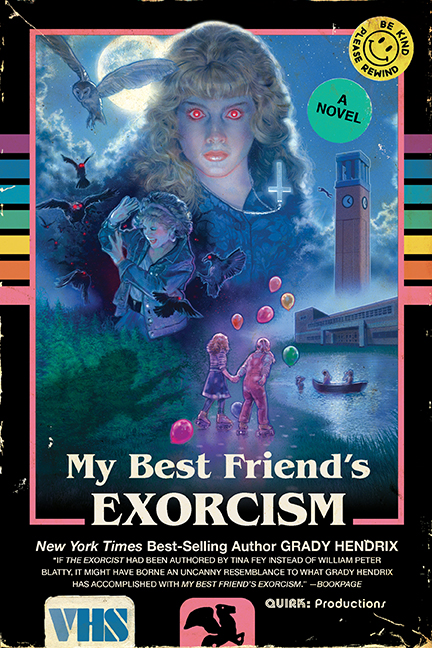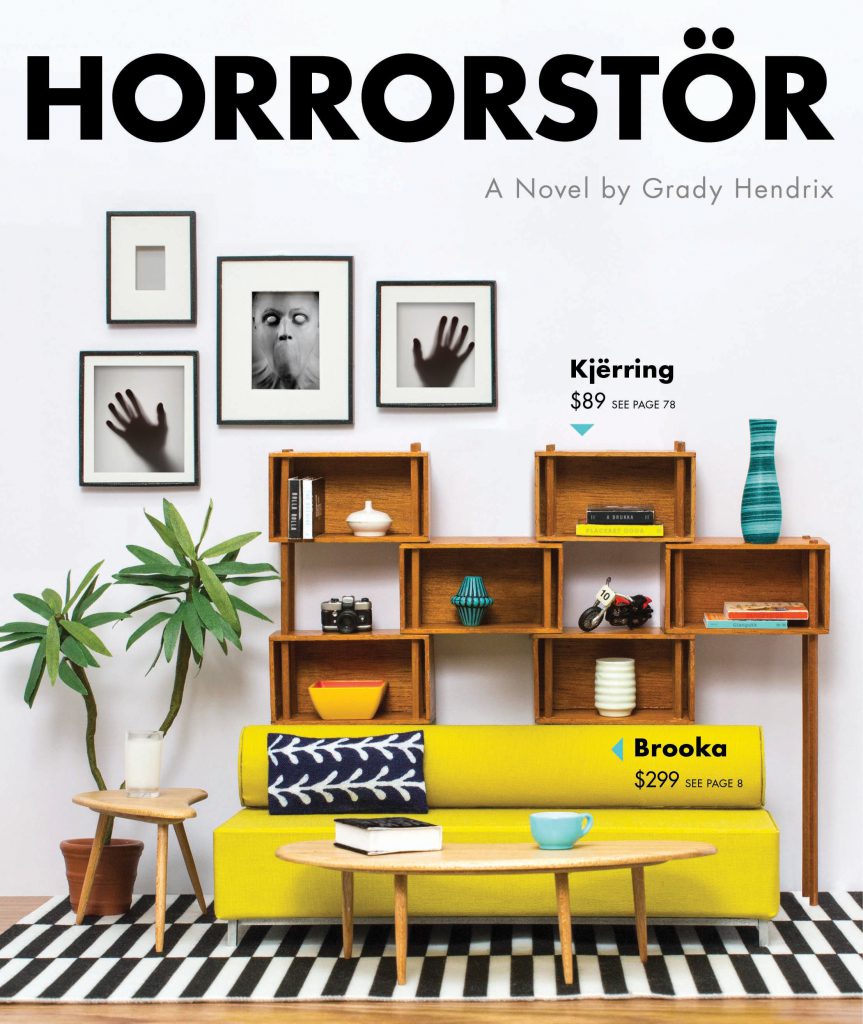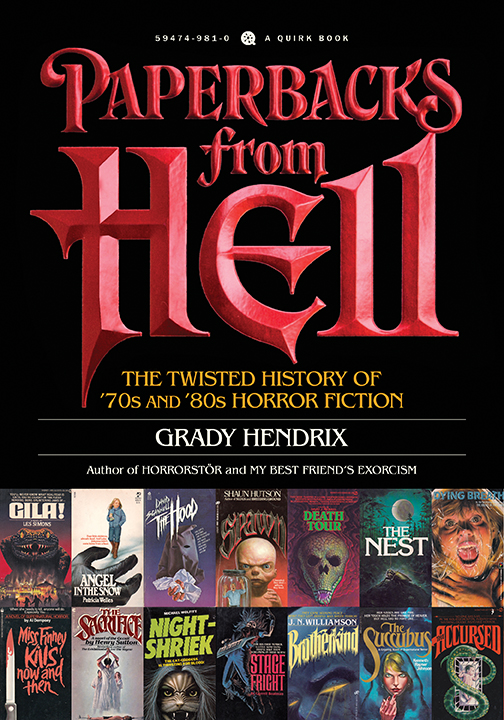Our Blog
Best and Worst Fathers of Star Trek
Star Trek, like the two earliest Enterprises (the USS and the NX-01), began with a narrow focus on an elite crew of scientists and military men. These ships were more similar to a modern military vessel, spartan and only consisting of active duty officers. Yet as time went on, as the United Federation of Planets and its exploratory arm, Starfleet, continued to develop, the Enterprise broadened into a concurrent scientific ship and family home – and with this evolution, required to deal with the complications and dramas so inherent to any family home.
One of the most complicated relationships throughout Star Trek, explored throughout centuries and across the galaxies, is that of the legacies of fathers and their children. From Sarek, struggling to understand the effects of Spock’s human emotions to Jake Sisko, searching to separate his identity from that of his father while isolated on a deep space Starfleet base. Yet amongst the multitude of Starfleet officers with children, there are some particularly notable Starfleet officers, at both extreme ends of parenting. Here we have not the best and worst Starfleet officers (indeed, one of the worst fathers on this list is arguably the best Starfleet officer of all time,) but a judgement as to their personal lives. Who are the best and worst fathers in Starfleet?
Worst: James T. Kirk
Posted by Nick Beard
The Sorting Hat of Game of Thrones
Everyone from Buzzfeed to the JK Rowling’s official website, Pottermore, offers quizzes that allow voracious readers of the Harry Potter series to try to guess which of the four Hogswart Houses they would be sorted into. As all Potter fans know, Harry and most of his friends are members of Gryffindor, the house known for its scarlet and gold lion banners, and as the house of the bravest Hogwarts students. But the other houses have proud histories as well: Ravenclaw, which takes the intellectually curious, Hufflepuff of the kind and hard-working, and Slytherin for the sly and ambitious. All of the houses have their own quirks and culture and all attract certain types of students.
In watching the complicated and three-dimensional characters on Game of Thrones, it can be interesting to think which houses the various characters would be sorted into by the reliable Hogwarts sorting hat (which looks into each student and decides where they best fit). After all, in the world of Westeros, alliances between houses are far more serious and deadly than those regarding the Hogwarts House Cup. Yet certain characters do seem to be obvious choices for particular houses – and their Quidditch matches would definitely have a certain ferocity!
The Lannister Twins: Slytherin
Posted by Nick Beard
Books for Reality TV
Hollywood executives constantly seem to be looking for the next amazing bestseller to turn into a massive blockbuster movie (this last year has seen success in everything from comic books like Deadpool and Marvel’s Civil War, to popular thrillers like Gone Girl.) Yet when it comes to reality TV, the background of carefully composed reality shows have provided plenty of narratives for novel plotlines – The Hunger Games was famously influenced by Survivor, while The Bachelor provides a wry backbone for Curtis Sittenfeld’s Eligible. Yet interestingly, it has been a bit of a one-way relationship – so in the interest of balance, here are some books which could provide fodder to inspire interesting, and thoughtful, reality shows.
Agatha Christie’s mystery novels
The idea of the quirky detective solving mysteries using his or her special skills (math, writing, understanding of human nature) is a well-known trope of fictional television procedurals. But two of the original quirky detectives were Agatha Christie’s best known sleuths: Belgian private detective Hercule Poirot, who used his little grey cells to ponder human nature, and Miss Marple, who used her in-depth knowledge of her village life in England’s rural St. Mary Mead to draw parallels with those she met on her various adventures. Both of these super sleuths solve mysteries not through examining of physical evidence (they’re the anti-CSI), but through their understanding of personality types and character.
What better way to prove their sleuthing ability than to send Poirot and Marple out to solve real crimes? Both love to travel, so there would be no shortage of interesting cases; if their claims to be able to solve mysteries simply by talking to people and learning about their character is true, this reality show could include them simply interviewing suspects – and of course, the dénouement when all interested parties are gathered to hear the solution. Agatha Christie novels are famous for having endings which are impossible to predict – if audiences are stymied by plot twists in Serial or The Jinx, they’ll love endlessly debating the identity of the killers online, pitting their own brains against the masters, and trying to figure out “whodunit.”
Harper Lee’s To Kill a Mockingbird

Harper Lee’s coming of age tale focuses on one of the most famous and popular lawyers of all time, Atticus Finch. Finch, a single father living in small-town Alabama, is appointed to defend local resident Tom Robinson from criminal charges with racist undertones, while helping his two children, Jem and Scout, adjust to adulthood and define their own sense of right and wrong. Atticus has long been admired as the height of principled criminal defence and legal protection of civil rights; these are subjects which have sparked debate and discussion in the era of #BlackLivesMatter. How would such a weighty novel, which provides social commentary, be able to provide fodder for reality television? Atticus Finch, superstar attorney, would be able to defend those unjustly accused of various crimes – while providing a complete perspective of his family life with two opinionated teenaged children. For anyone who felt devastated to leave the world of Maycomb after the trial (and novel) ended, this is a reality TV series which would be like revisiting a childhood friend.
Stephen King’s The Shining

King’s most popular novel is famed not only for its volatile lead character, alcoholic hotel caretaker Jack Torrance, but the sense of menace in the remote, near-deserted Overlook Hotel, where Jack and his family are staying for the winter. And as Jack’s young son Danny soon realises, the hotel itself has a distinct personality – and its own secrets. Plenty of the novel’s ghosts come from the Overlook’s history and while The Shining uses these characters in service of a wrenching thematic exploration of addiction and family life, the idea of an abandoned winter hotel is certainly an interesting and chilling idea for a real life exploration.
Hotels, by their nature, encompass a narrow slice of so many lives – and many famous hotels claim their own ghosts and hauntings. The feeling of The Shining, of isolation in a gaping structure, would certainly provide a fascinating atmosphere for a reality TV show. Imagine a small, deserted, haunted hotel attempting to rebuild their business while dealing with a legacy of resident ghosts. Obviously the staff would have to include a psychic (although hopefully they wouldn’t communicate with any young twin girls) – producing a show attracting those fascinated by the lovely hotel properties and exotic travel, but also interested in King’s heavy, foreboding atmosphere translated to a real locale.
Paula Hawkins’ Girl on a Train

One of the most-lauded examples of the revival of psychological thrillers, Girl on a Train concerns commuter Rachel. Every day, she takes the same trains into London city centre in the morning and out again in the evening, stopping at the same places, seeing the same view. Then, one day, when into her favourite home overlooking the train tracks, Rachel witnesses a murder. To explain the murder itself and its connection to Rachel would be an unfair spoiler, but the book is aware of fundamental truth: everyone loves to sneak a peek into other people’s homes and lives.
The reality TV version of Girl on a Train would be a contrast between the lives of those who lives near the train tracks and their imagined lives. Commuters would be asked to describe the imagined lives of those living near the bus, train and driving routes and then audiences could meet the actual residents – and glance into their real lives. It seems unlikely that any of these residents would have as dramatic lives as those Rachel glimpses, but this reality series could explore the gaps between the idyllic lives that we often envision our friends and family to lead versus the realities of their experiences. In the era of a Pinterest-perfect social media life, the gap between appearance and reality is a fascinating reality to explore.
Posted by Nick Beard
Friendship Pairings for Game of Thrones Characters
With constantly shifting alliances, the characters in the Game of Thrones series can rarely relax with friends, talk about what’s on their minds, and really bond. Since besties are hard to come by within the world of Westeros, we have some suggestions for non-Westerosi friends they might enjoy spending time with – without the threat of a sour friendship turning into political betrayal, imprisonment or even death!
Posted by Nick Beard
The Ultimate Fleet of Star Trek’s Women
Too often, Star Trek fans tend to focus on the amazing male friendships amongst Starfleet officers (Kirk and Spock, Data and Geordie, Picard and Number One, O’Brien and Bashir.) Yet Starfleet has produced some amazing female friendships and enviably strong and accomplished women. The perfect squad contains women with skills, talents and the ability to get things done. The women of Starfleet may span several centuries, species and areas of expertise, but their common talents are their courage, competence and dedication to their continuing mission to explore strange new worlds – and boldly go where no one has gone before.
Posted by Nick Beard
4 Irish Authors To Read for St. Patrick’s Day
When St. Patrick’s Day rolls around every year, it often evokes a stereotypical picture of ol' Ireland. The land of saints and scholars, as portrayed in the classic Irish literature, can be an alternately depressing and humorous place, stemming from the vivid and melancholy prose of James Joyce, Oscar Wilde, Bram Stoker. Yet, while Joyce may have portrayed the Irish as champion talkers and drinkers (okay, not totally unfair), there are plenty of more contemporary authors telling their own version of Ireland and the Irish story. Despite the stereotypes of American St. Patrick’s Day, with shamrocks and green beer, it’s also a holiday based in Irish culture and the perfect time to explore Irish literature and art. We at Quirk have some great recommendations for those who might not be able to visit Ireland, but would love to venture there through a good book.
Posted by Nick Beard
